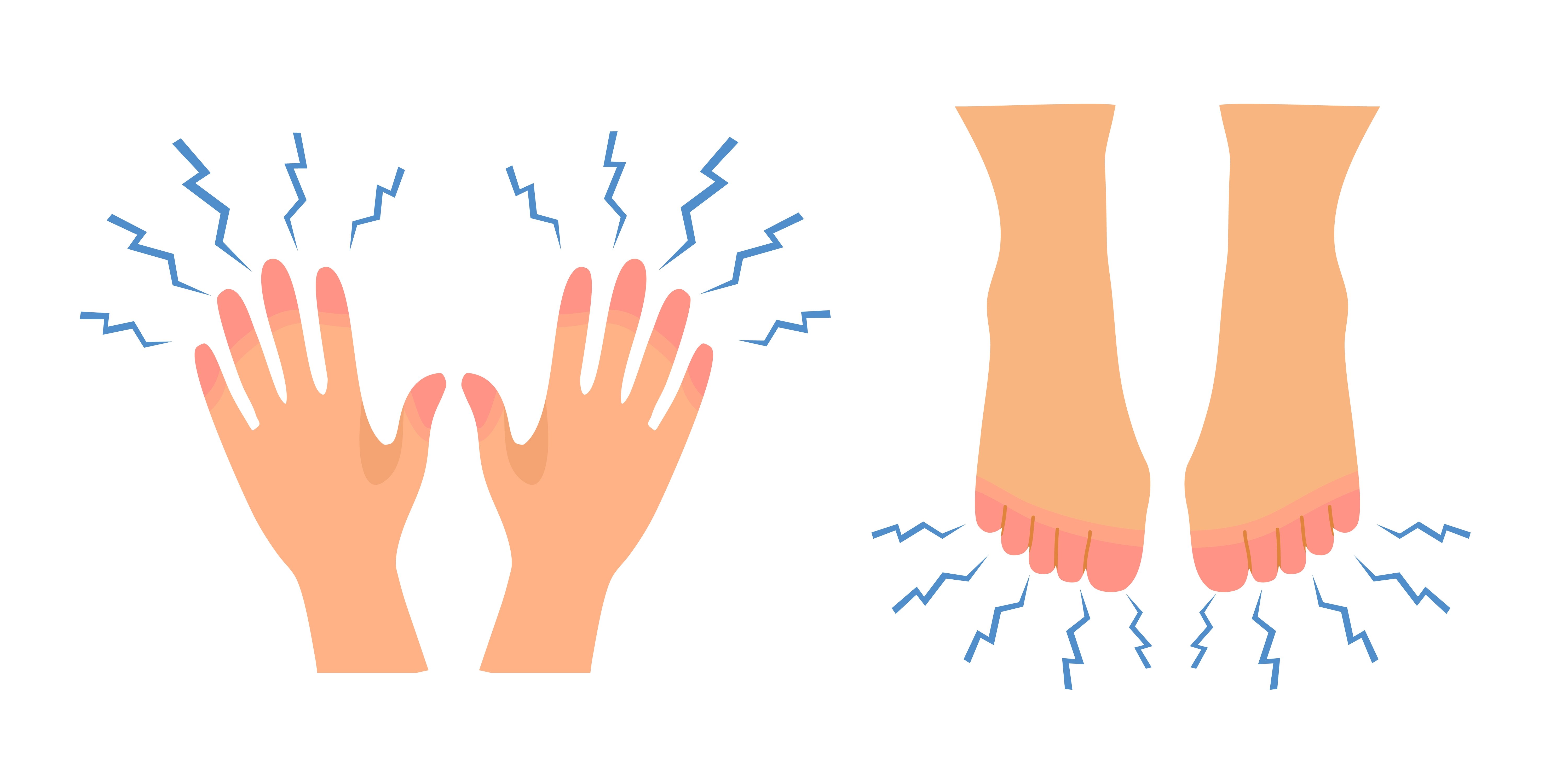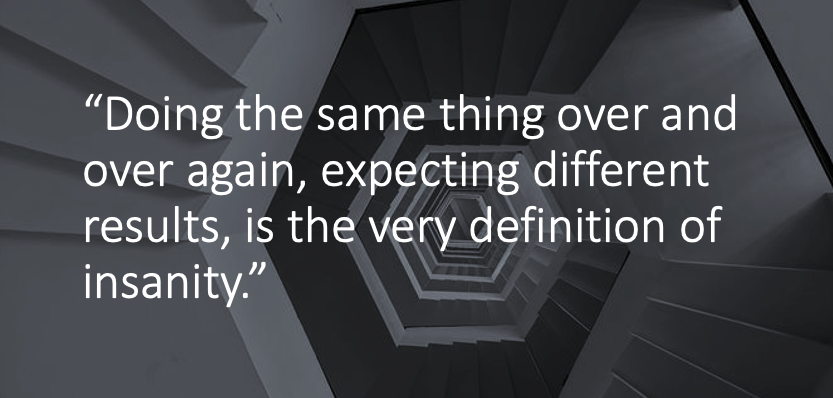
According to the National Institute of Neurological Disorders and Stroke, over 20 million Americans are estimated to have some form of neuropathy. Since symptoms of...
Schedule your consultation or contact us at (517) 883-2479
Karen May, DC, CCSP, CCIP
You have heard many times about how important habits are for anyone looking to create lasting change; Easier said than done, right?! What you have done so far has gotten you to where you are…yet you do not like it.

Doing the same thing over and over again is the definition of insanity. To set you up for success, you need to know what it takes to make changes that stick.
Strategic change is especially important when you know your quality of life and your health depend on you making changes. Neuropathy pain and numbness can be debilitating; You need a plan with guidance to overcome and move past that pain and numbness.Healthy Change Starts With YOU.
Congratulations- you reading this is one of the first steps to making change. Though the thought of sleeping at night with no pain, the ability to walk and feel secure may seem not achievable. It is…. One step at a time. Neuropathy sufferers who have the most success are the ones who get serious about making lasting changes in their health. That requires a commitment to building better habits, so understanding how behavior patterns work to build habits is helpful in mapping your path to success.
 Let's Dive In a Little Deeper: How Are Habits Formed?
Let's Dive In a Little Deeper: How Are Habits Formed?
Habits are all the little behaviors that govern our lives. The things we do day-in and day-out, the things we do not even think about doing anymore, lay the groundwork for who we are.
The more we do something, the more it becomes second nature to keep doing it. Once your positive changes become instinctive habits, you’re on the road to success!
What’s the difference between a habit and an action we consciously decide to take?
Look at it this way: If you walk a mile to and from work every day it’s probably something you don’t even consciously think about anymore - it’s a natural part of your routine. If, however, you always drive to and from work and you decide one day to start walking instead, it’s going to take real commitment to create that lasting change. You may have to wake up earlier to allow the extra time. You may need better shoes or a warmer coat. You might want to quit after a day or two because you’re tired or it doesn’t feel “normal.”

If you commit to sticking with a new behavior, the longer you do it the more you’ll acclimate and before you know it, it will become a habit. It may seem nearly impossible to think about a big new habit like walking an extra mile or two, but change can start with much smaller steps.
Many people have negative habits that are small and simple, such as drinking soda, eating fast food, or even just habitually sitting down at night and never moving again because your body hurts too much.
Any time you alter your life patterns resistance is a natural response. It’s much easier to give up or fall back into your old patterns, so you have to consciously commit to sticking with the changes until they become a habit.

Experts generally agree that it takes about three weeks of doing something consistently before it becomes a habit, so if you’re going to make conscious changes, make sure you clear any barriers and have all the tools necessary to make those changes daily for at least three weeks.
Set yourself up for success and own your habits; positive change comes from within!
Something I hear from my patients on a regular basis is: “I wish I would have contacted you sooner.” Truly, if setting an appointment is the first step towards wellness, why wouldn’t you call today?

According to the National Institute of Neurological Disorders and Stroke, over 20 million Americans are estimated to have some form of neuropathy. Since symptoms of...

To understand if neuropathy can be reversed, let's first look at what neuropathy is and how it is impacting your body and health.